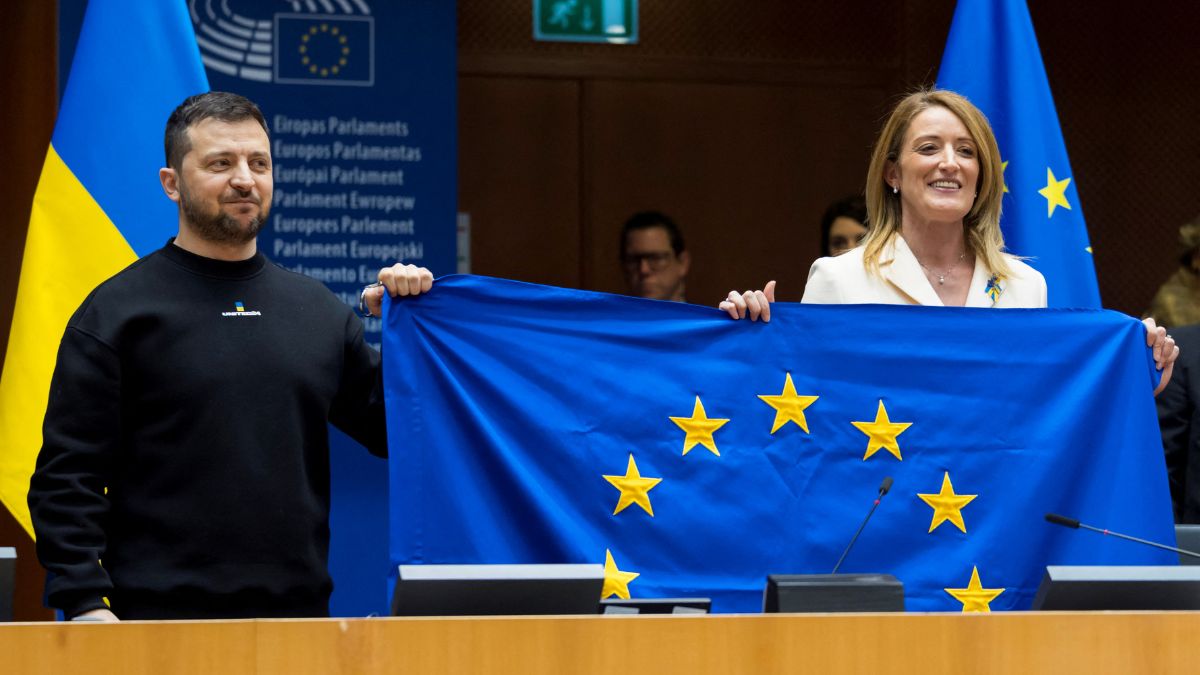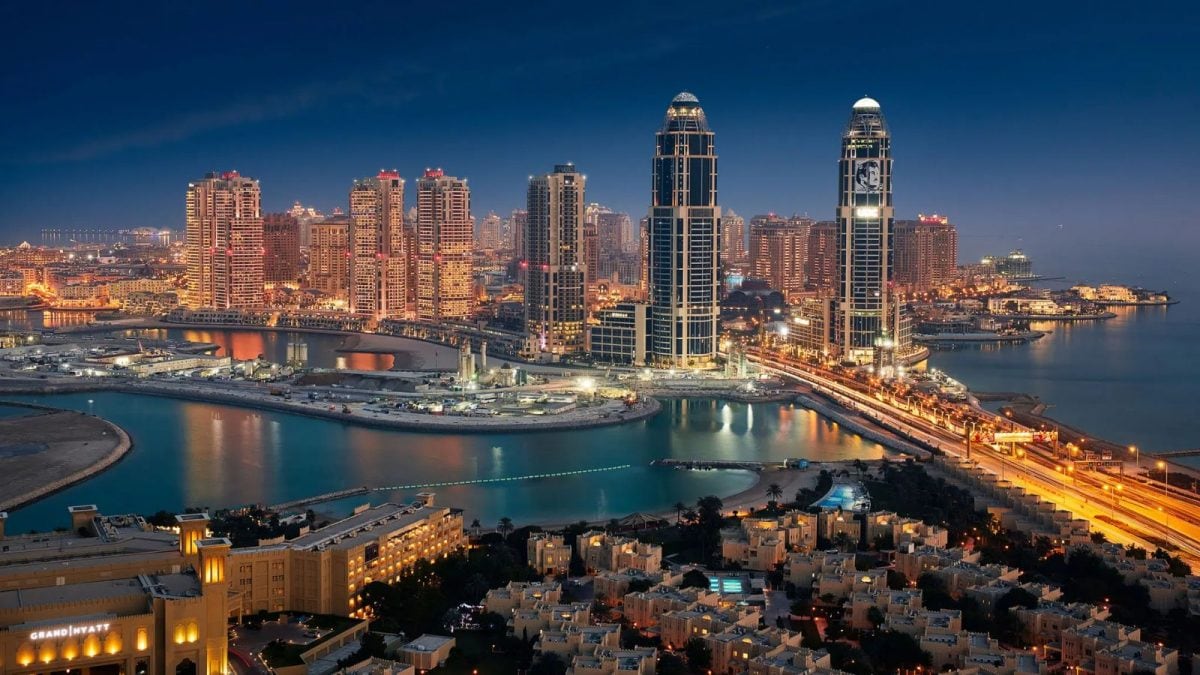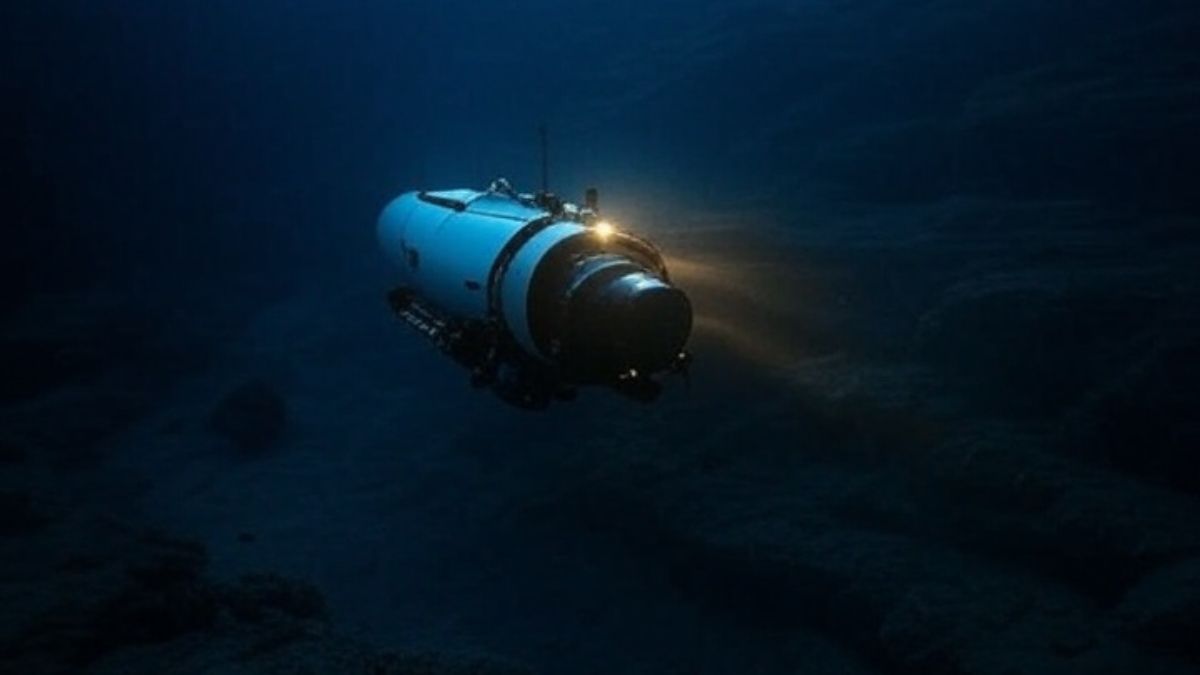While Ukraine’s path toward joining the European Union (EU) is slowly advancing, albeit with major obstacles, its entry into Nato remains blocked.
Instead, Western leaders are exploring “Article 5-style” security guarantees that might shield Ukraine from future Russian aggression without granting it formal membership in the transatlantic alliance.
On Monday, United States President Donald Trump made a direct appeal to Hungarian Prime Minister Viktor Orbán after lengthy discussions with Ukrainian President Volodymyr Zelenskyy and a group of European leaders in Washington.
The talks, held at the White House, centred on finding a unified strategy to push forward both peace negotiations with Russia and Ukraine’s integration with Europe.
Individuals familiar with the matter told Bloomberg that Trump was urged by European counterparts to use his personal influence over Orbán, a figure often at odds with the EU, to convince him to drop his opposition to Ukraine’s EU membership talks.
Hungary has been one of the most significant obstacles to Kyiv’s European aspirations, having blocked the start of formal accession negotiations despite overwhelming support from other EU states.
Orbán, who has built a reputation as one of the EU’s most defiant leaders, responded by doubling down on his objections. He wrote on Facebook: “Ukraine’s membership in the European Union does not provide any security guarantees. Therefore linking membership with security guarantees is unnecessary and dangerous.”
Editor’s Picks
The Hungarian leader has frequently aligned himself with Russia on sanctions and aid issues, providing Moscow with diplomatic cover inside the EU.
The Trump-Orbán call came only days after Trump’s own meeting with Russian President Vladimir Putin in Alaska.
Trump suggested he wanted to facilitate a direct summit between Putin and Zelenskyy, followed by a trilateral meeting that he himself would attend. No location or timetable for such an encounter has been set, though Hungary has expressed willingness to host.
How Ukraine may join EU
Ukraine’s pursuit of EU membership began in the immediate aftermath of the invasion. On February 28, 2022, just four days after Russian forces crossed its borders, Zelenskyy signed the formal application.
The urgency reflected Kyiv’s desire to cement its place in the European family and to seek long-term protection against Moscow’s ambitions.
Eight EU member states quickly backed a fast-track procedure, though European Commission President Ursula von der Leyen made clear that the accession process would still take time. Within weeks, the EU institutions moved ahead.
On March 10, 2022, the Council of the European Union requested the Commission’s opinion on the application. A legislative questionnaire was handed to Ukraine on April 8, with responses submitted on May 9.
On June 17, 2022, the Commission recommended granting Ukraine candidate status, and six days later, the European Parliament overwhelmingly supported the move.
On June 23, 2022, the European Council formally declared Ukraine a candidate for membership. The decision placed Kyiv among nine active candidate states, alongside Albania, Bosnia and Herzegovina, Georgia, Moldova, Montenegro, North Macedonia, Serbia, and Turkey.
Negotiations began in earnest on June 25, 2024, when the Council opened accession talks with both Ukraine and Moldova.
The step was hailed as another milestone in Ukraine’s reorientation toward Western institutions, comparable to the integration of Estonia, Latvia, and Lithuania two decades earlier in 2004.
However, progress has not been straightforward. In June this year, Hungary blocked the official opening of talks, citing fears of “integrating war” into the EU.
German Chancellor Friedrich Merz has also expressed doubts that Ukraine could complete the process by 2034, underscoring the long road ahead.
Reforms inside Ukraine have also posed challenges. In July, parliament passed a law undermining the independence of anti-corruption institutions, a critical demand of Brussels. The European Commission quickly warned of consequences.
Hours later, Zelenskyy annulled the decision and restored the independence of the agencies, declaring that the measure “guarantees the absence of any kind of outside influence (or) interference.”
Despite these hurdles, Ukraine remains firmly on the EU track. Accession, if completed, would place another former Soviet republic inside the bloc.
Why Nato remains out of Ukraine’s reach
In contrast to its EU bid, Ukraine’s chances of joining Nato remain slim for now. At the White House meeting on Monday, Nato Secretary General Mark Rutte made clear that the alliance was not discussing membership but rather a separate framework of commitments.
“The situation is this – that the US and some other countries have said that they are against Nato membership for Ukraine. The official Nato position … is that there is an irreversible path for Ukraine into Nato,” he explained.
“But what we are discussing here is not Nato membership, what we are discussing here is Article 5 type of security guarantees for Ukraine and what exactly they will entail will now be more specifically discussed.”
The remarks reflect a long-standing dilemma. Article 5 of Nato’s founding treaty, signed in 1949, binds members to treat an attack on one as an attack on all.
It has only been formally invoked once, after the September 11 attacks in 2001. While the principle of collective defence is at the core of Nato’s deterrence, it also raises the risk of direct confrontation with Russia, a nuclear power, should Ukraine become a member.
Therefore, the focus has shifted toward designing alternative security guarantees.
What “Article 5-like” protections could mean for Ukraine
Western leaders have increasingly referred to “Article 5-style” or “Article 5-like” protections for Ukraine. The phrase suggests a collective defence mechanism modelled on Nato’s clause but without formally making Kyiv a member.
White House special envoy Steve Witkoff described the concept in an interview with CNN on August 17, calling it a “game-changing” assurance.
He noted that the idea had been discussed at the Alaska summit between Trump and Putin, and claimed that Moscow would not object to such a framework as part of a broader peace deal.
Unlike Nato’s integrated military command, this arrangement would be a bespoke pact among willing nations, defining the obligations in the event of a renewed Russian offensive.
The text of such guarantees would be crucial: who would commit troops or resources, under what circumstances, and with what speed. Without clear provisions, critics fear the agreement could lack credibility.
Scepticism is widespread, particularly in Ukraine, which still recalls the 1994 Budapest Memorandum. Under that agreement, Ukraine gave up its inherited Soviet nuclear arsenal in exchange for assurances of territorial integrity from Russia, the United States, and the United Kingdom.
Those promises failed when Russia annexed Crimea in 2014 and escalated to a full invasion in 2022.
Polish Foreign Minister Radoslaw Sikorski summed up the doubts bluntly, writing on X: “On 22 April 2004 Vladimir Putin solemnly ratified the Treaty on the Russian-Ukrainian Border. Suffice to respect them and the war is over.”
Still, European Commission President Ursula von der Leyen endorsed the concept, pointing out deterrence. “As I have often said, Ukraine must become a steel porcupine, undigestible for potential invaders,” she declared.
Nato currently has 32 members, with Sweden and Finland the most recent entrants in 2023 and 2024.
The US and other major Nato states believe extending Article 5 to Kyiv now would effectively mean joining Ukraine’s war, something they are unwilling to do.
Such special security guarantees for Ukraine raise a couple of questions: If guarantees are strong enough to deter Russia, why would Moscow accept them? Yet if they are watered down to secure Russian agreement, will they deter anyone at all?
With inputs from agencies
End of Article

)

)